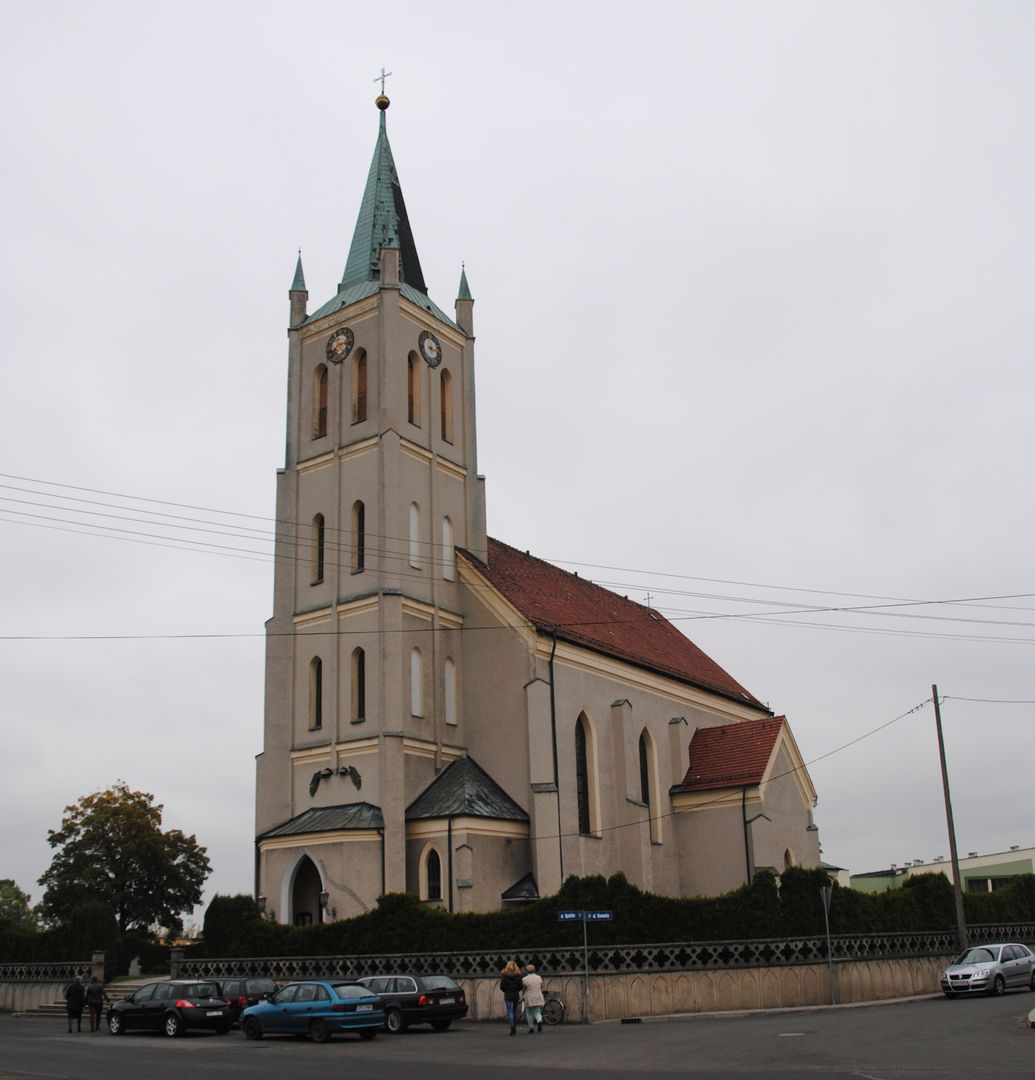Lubniany
6.67

Overview
Łubniany is a village in Poland, located in the Opole Voivodeship, within the administrative district of Gmina Łubniany. Its name derives from the Old Polish word "łęg," which refers to wet meadows. The village features numerous public facilities, including a primary school, a kindergarten, a health center, a library, a fire station, and the Church of St. Peter and Paul, which boasts Neo-Gothic architecture and is surrounded by historic trees. The history of Łubniany dates back to the 13th century, with the first mentions of the village appearing in documents from 1260. The village has witnessed many events, including the construction of a second church in 1682, which was a votive offering in gratitude for the end of an epidemic. Between 1900 and 1922, Father Franciszek Pogrzeba served here, stimulating the cultural and agricultural development of the region. Łubniany was also an important location during the 1921 plebiscite, where a significant portion of the residents voted in favor of Poland. The village is home to a volunteer fire department (OSP) with a rich history dating back to the late 19th century. Another interesting aspect is the social activity in the area, including the Agricultural Circle and local organizations that promoted Polish identity in the region. Throughout the 20th century, Łubniany underwent numerous changes, with the construction of modern facilities and the renovation of old ones, including the library and cultural center. Despite the hardships of World War II, today the village combines a rich history with an active social life, making it an important point on the regional map.
Location
2026 Wizytor | All Rights Reserved